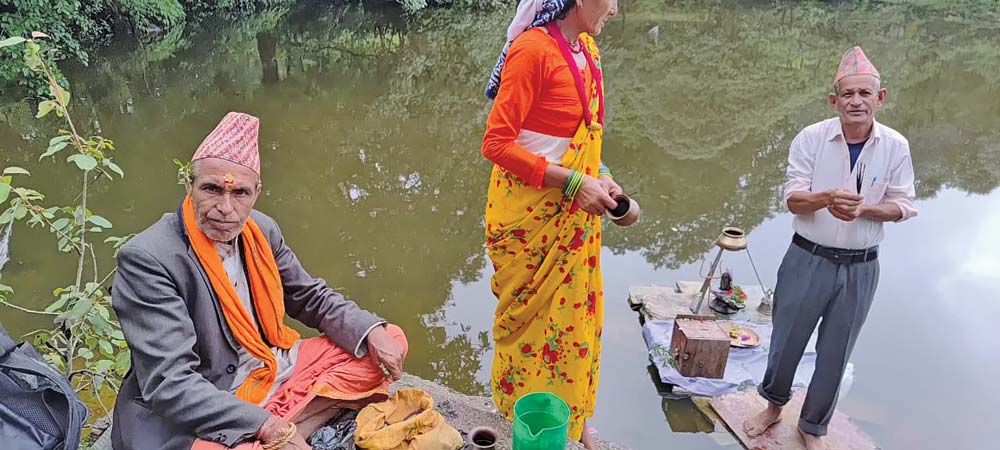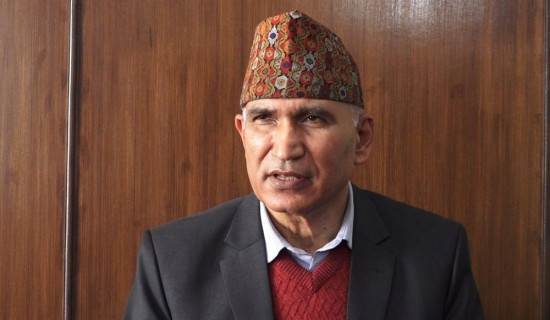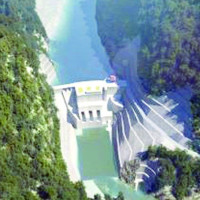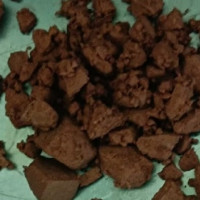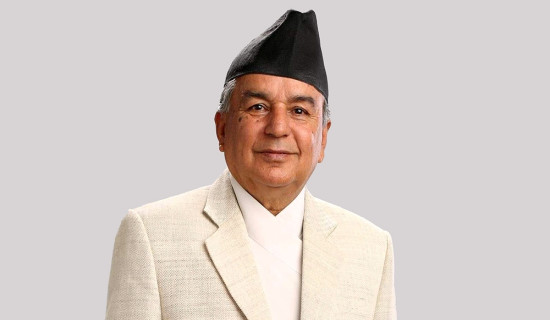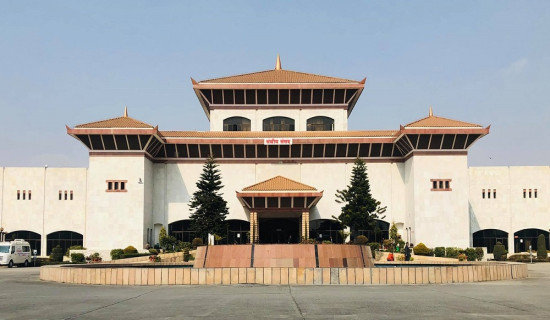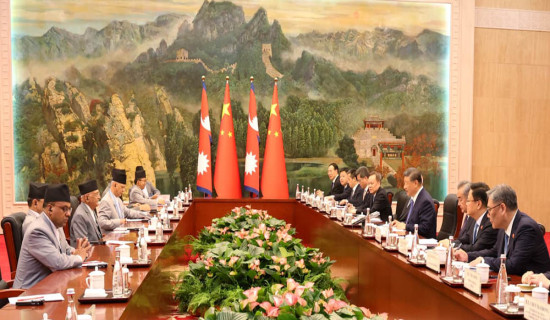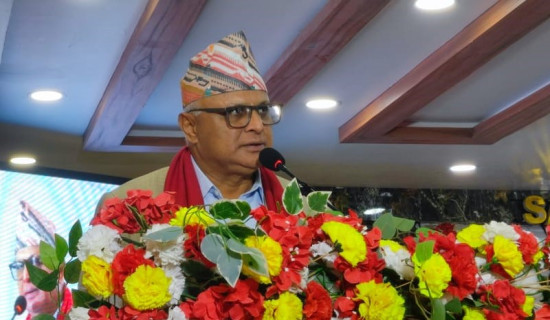- Sunday, 31 August 2025
Baitadi people do not dig soil in Shrawan
By Gokarna Dayal
Baitadi, Aug. 6: Since the month of Shrawan is known for heavy rain, landslides, and natural disasters, people in the rural areas of Baitadi follow the tradition of not cutting trees for firewood or digging soil for plastering houses during this time.
Instead, they prepare and collect firewood and soil before Shrawan month begins.
Shrawan is also referred to as the ‘Black Month’ in rural regions. According to astrologer Ganesh Prasad Pant, the month is called so because the sky remains covered with dark clouds, and its rains continuously.
He said that digging soil during this month may cause landslides, which is why cutting trees for firewood and collecting soil for plastering houses is avoided.
He also added that during this month, it is customary to light lamps in temples and play the ‘Dheula Nawadi’ (a traditional drum used during the worship of deities).
“Worship of Lord Shiva is especially popular during Shrawan,” he said. Major pilgrimage sites in Baitadi, such as Dogadadham, Banarasidham Jagannath, Ishwarigangadham, Patal Bhumeswor, Sigash Dham, and Gwallek Kedar, witness special worship and rituals throughout this month.
According to priest Devdut Bhatt, worship and religious rituals are held daily throughout the month at Patal Bhumeswor.
Pilgrims from various districts of Nepal and neighbouring India also visit the shrine. The month is marked by devotion to Shiva and the practice of consuming sattvic (pure vegetarian) food.
The final day of the Shrawan month is celebrated as ‘Olke Sankranti.’
On this day, offerings (Olko) such as newly harvested corn, taro stems, and other seasonal items are presented to the deities. Only after making these offerings do people consume the new maize.
On this occasion, families also prepare and enjoy local delicacies.
There is also a tradition of inviting daughters and sisters who are married and living in other households to their maternal home to share the festive meal.

